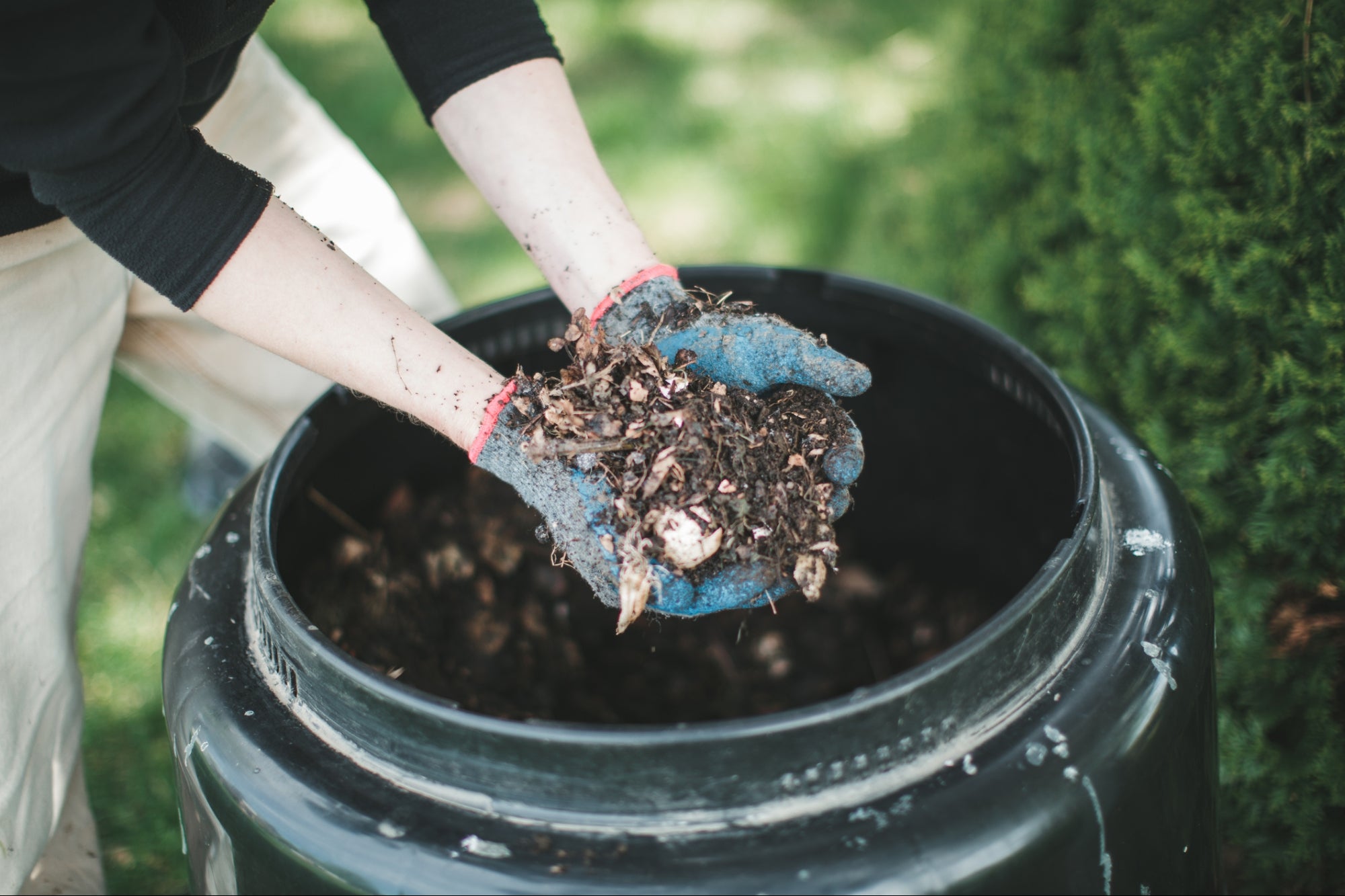Modern seed technology, startups capable of ending pulses' price dilemma Since hoarding is the root cause, the entrepreneurs must seize opportunity and end red tape between producers and consumers.
By Akash Shukla •
Opinions expressed by Entrepreneur contributors are their own.
You're reading Entrepreneur India, an international franchise of Entrepreneur Media.

As chana dal shoots up by 71%, moong dal by 32% and mataki by 41%, pulses have reincarnated as the new status symbols in the country. Since they are strongly susceptible to hot weather, disease and pest and unless we ensure dramatic steps to ensure the safety of the same, there is a herculean possibility that the primary source of green protein would vanish from the vegetarian's platter.
Nationwide, as many as 14 pulses are grown from Kashmir to Kerala. It may bear the brunt of drought and flood but capsizes with any abnormality in temperature. Apart from that, the attack of thrips and pod borers wipe out a third of chana crop annually. If that wasn't all, blight, wilt and rust hit the crop some more. The problem continues to pose itself in multiplicity; weeds damage the crop by 20%. In tur dal, 80% of flowers produced on plants are shed. Blue bulls wreak havoc that can't be measured many-a-time.
With tired seeds and depleted soils, farmers manage the best they can. However, the conventional insecticides and the much-tried pesticides offer inadequate protection against the imminent damage.
While India has the largest acreage under pulses, output per acre projects a bleak picture. The high cost of chemicals in league with labor, coupled with poor yield, make pulses a pretty expensive proposition.
Fortunately for us, the solutions are ready. India has judiciously invested in state-of-the-art pulses' research for a decade to equip self against such an eventuality. Led by the Indian Institute of Pulses Research, many premier institutions with farm scientists are using advanced technologies, namely, transgenics and molecular-marker assisted breeding to create seeds that offer powerful protection against the complex environmental factors that affect pulses adversely.
Fundamentally, this will allow farmers to obtain higher yields for better cropping practices.
Need of the hour: The government should allow genetically modified pulses (GM crop) to end the current protein paucity. We as citizens of India must show some faith in our scientists as they continue to promise that the pulses are safe for edible purposes. The production of pulses should shoot up by 4% annually. The need can be met via technological means. It's high time that India should rush to its labs or else the malnourished lot in the country will continue to be deprived of a basic building block of wellness.
Alternate solutions: Since hoarding is the root cause of black marketing and consequently a price rise, it is pertinent that entrepreneurs must envision this as an opportunity to counter the red tape between producers and consumers.
According to a report released by NDTV, maximum quantity of 23,340 tonnes was seized in Maharashtra, followed by 4,525.19 tonnes in Chhattisgarh, 2,546 tonnes in Telangana, 2,295 tonnes in Madhya Pradesh, 1,168 tonnes in Haryana, 859.8 tonnes in Andhra Pradesh, 479.6 tonnes in Karanataka, 68.47 tonnes in Rajasthan, 4.32 tonnes in Tamil Nadu and 2.44 tonnes in Himachal Pradesh.
Startups can not only annul the malpractice but restore pulses in the market at comparatively lesser prices. Essential commodities in lesser quantities can be sold in vehicles like "store-on-wheels'. This would not only ease the burden on the consumer but would aid the government directly but unconventionally.
Pro active entrepreneurs can reach out to the farmers directly and can buy a part of their yield. The farmers also look forward to such opportunities because the market price is pretty exploitative against the farmer's intent to sell.
Just the way Centre creates a buffer stock to easy prices, startups can put a buffer on the malaise by investing in farmers and farmlands as investment in domestic production of pulses would nip the import of the same in the bud.













